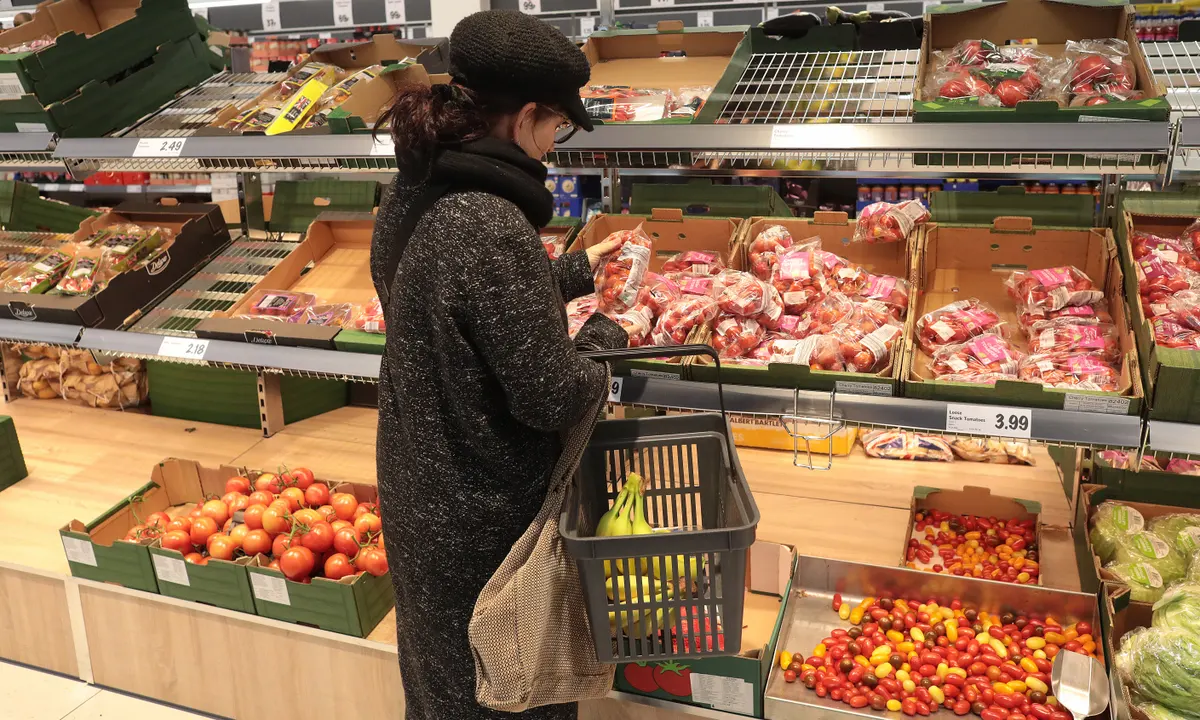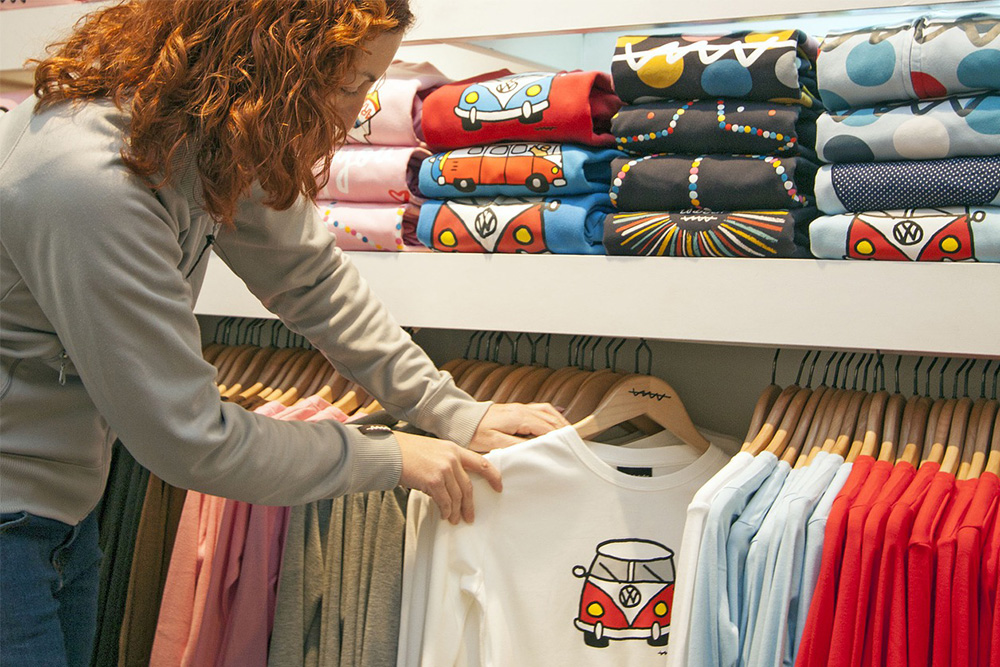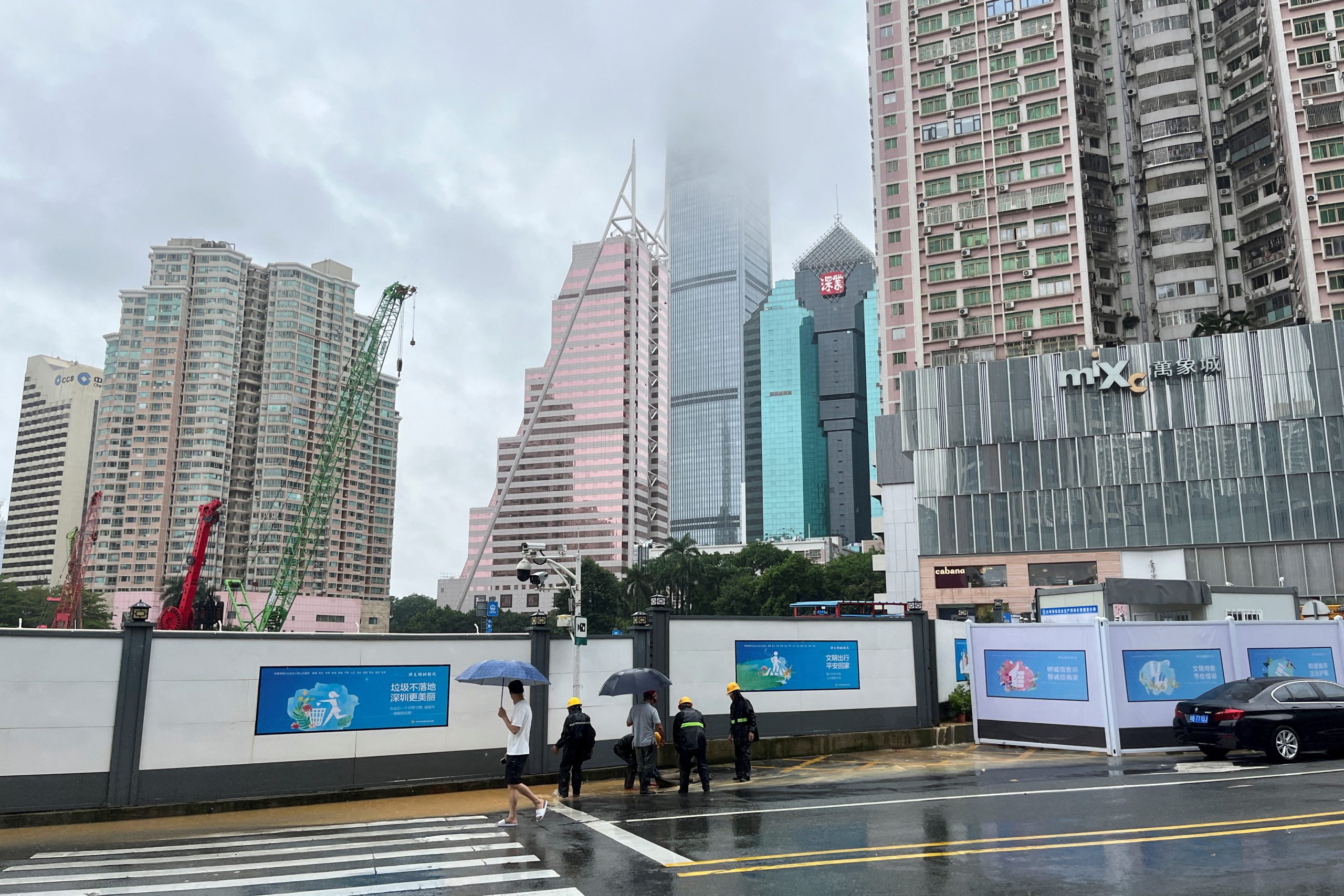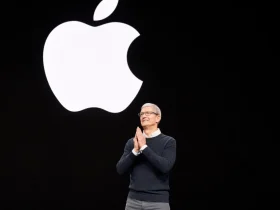Retail sales remained stagnant in February, with zero growth reported, as adverse weather conditions and financial constraints compelled consumers to stay indoors.
The flat performance in February followed a lackluster December and a robust recovery in January.
Individuals continued to feel the strain from housing expenses and rising fuel costs. Economists had anticipated a slight dip in sales volumes for February.
Nevertheless, increased spending on clothing and department store purchases, driven by enthusiasm for new seasonal collections, offset the decline in food sales caused by inclement weather.

Conversely, online retailers, particularly those specializing in clothing, benefited from the adverse weather conditions.
February marked the fourth wettest on record in England, with England and Wales experiencing the warmest temperatures ever recorded, according to data from the Met Office. Southern England endured its wettest February on record.

Heavy rainfall events are likely to become more frequent and prolonged if greenhouse gas emissions continue to rise.
Andrew Opie, director of food and sustainability at the British Retail Consortium, highlighted that retailers are grappling with the impact of climate change, which has introduced greater weather variability.
Opie emphasized the potential risk of food insecurity due to declining global agricultural yields and heightened threats to global supply chains without proactive measures.
In addition to weather-related factors, the economic environment also played a role in dampening footfall in food shops, with sales in household goods stores witnessing a decline, according to the Office for National Statistics.
Households have been facing financial strain amidst a cost-of-living crisis, compounded by sluggish economic growth, with the UK experiencing a mild recession at the close of last year.
However, the pace of inflation has been moderating, and Prime Minister Rishi Sunak has expressed optimism about the UK economy rebounding in 2024.
Economic analysis firm Pantheon Macroeconomics forecasts that retail sales will help lift the economy out of recession in the first quarter of the year.
February’s flat retail sales contrasted with a 3.2% decline in December, followed by a strong recovery in January.
The ONS has revised January’s sales figures upward from a 3.4% to a 3.6% increase.
Danni Hewson, head of financial analysis at AJ Bell, noted that February’s rainfall deterred consumers from venturing out to High Streets, opting instead to stay indoors.
Hewson emphasized that clothing retailers, after facing several challenging months, welcomed the boost in sales, particularly for items that resonated with consumers in terms of style and affordability.







Leave a Reply